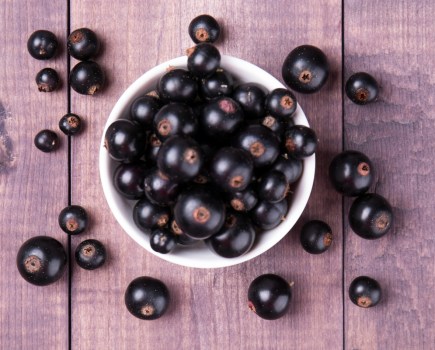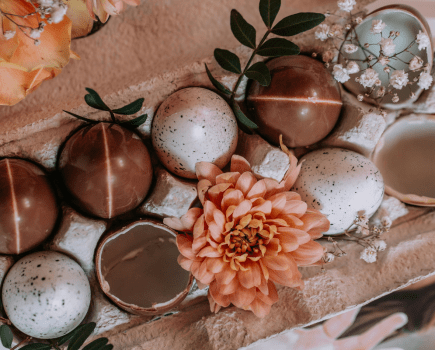Can you eat your way to a more restful night’s sleep? Top Santé columnist Sam Rice discusses the little-known relationship between nutrition and sleep. Sam also recommends the best foods for sleep, to help you catch some ZZZs…
Another casualty of Covid-19 has been sleep or lack thereof. Indeed “coronasomnia” – the increase in sleep problems during the pandemic – is a recognised condition, with around four in 10 people reporting more sleep problems than before.
Of course, elevated levels of stress and anxiety are largely to blame but according to the National Sleep Foundation, the difference between a restless and a restful night has a lot to do with the quality of your diet.
As ever, it’s best to eat a balanced diet. Think plenty of healthy fats, complex carbohydrates, and lean protein, with minimal processed foods and a good variety of fruit and veg. However, there are certain compounds that are known to be especially beneficial when it comes to a good night’s sleep.
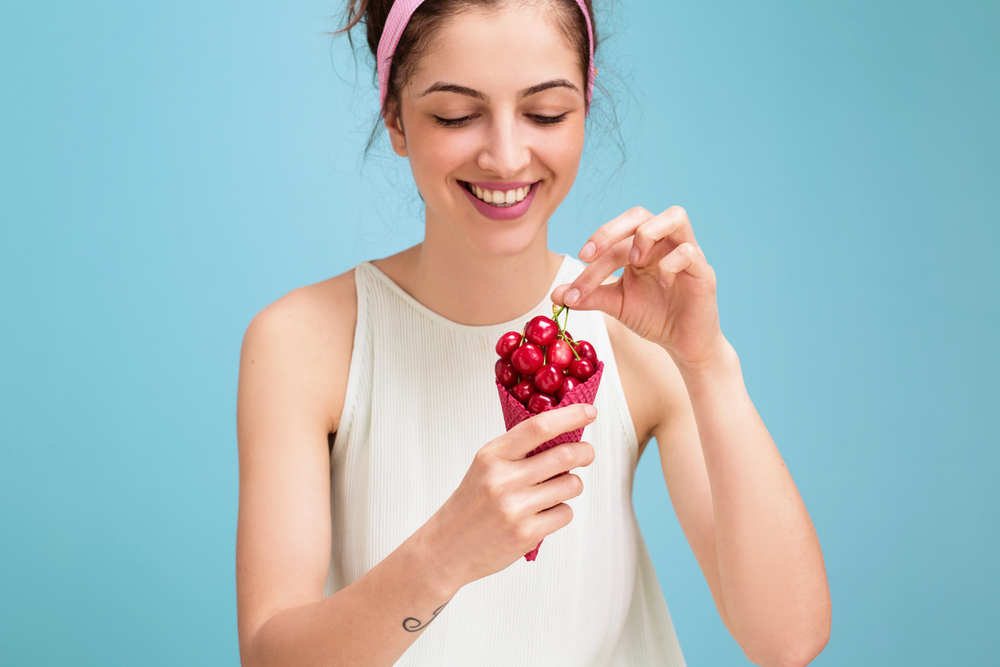
Eating cherries could improve sleep quality because they naturally contain melatonin (the sleep hormone).
Which foods can I add to my diet to improve sleep quality?
Melatonin, also known as the sleep hormone, lets your body know when it’s time to sleep and when it’s time to wake up. But as you grow older, your melatonin levels decline. Some foods contain melatonin naturally, for example milk, cherries, grapes, strawberries, tomatoes, peppers and pistachios, so these are all great things to eat in the evening.
Calcium and vitamin B6 are both key nutrients used in the production of melatonin. You can find calcium in dairy products, as well as leafy greens. Why not try a glass of warm milk before bed? Good sources of B6 include sunflower seeds, peanuts, oily fish, such as salmon, chicken, spinach and prunes.
Can magnesium improve sleep quality?
Magnesium is another nutrient that’s vital for sleep. Poor intake has been associated with higher levels of stress, anxiety and difficulty relaxing. You can find magnesium in nuts, leafy greens, bananas, avocado and fish.
Eating well is the foundation of good health and by extension can have a positive impact on sleep quality, but try not to eat a big meal too close to bedtime as this can actually disrupt your sleep and may lead to digestive problems. It’s also best to avoid alcohol and caffeine later in the day.
Which foods are linked to improved sleep quality?
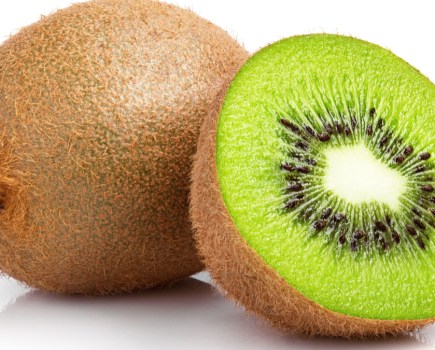
KIWIS: Research has found eating kiwis can improve sleep. One study showed those eating two kiwis an hour before bed fell asleep more quickly and had better sleep quality. Try some chopped kiwi for dessert.
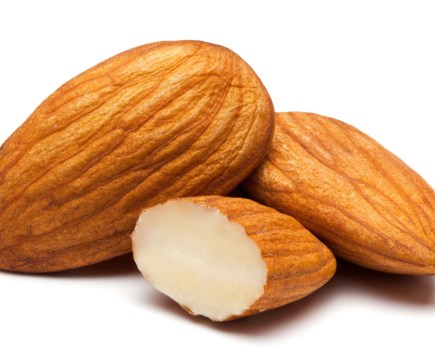
ALMONDS: Nuts are a nutritious snack if you have the evening munchies. They not only contain melatonin, but magnesium and zinc, which can also help relax the body and induce sleep.
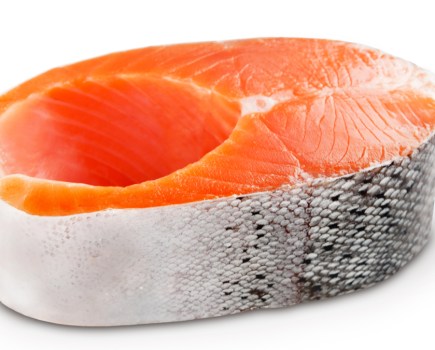
SALMON: The vitamin D and omega-3s in oily fish are thought to help sleep by regulating the body’s production of serotonin, the happy hormone.
Discover more nutrition tips in Sam’s book, The Midlife Method: How to lose weight and feel great after 40 (£14.99). Or, follow Sam on Instagram @midlifekitchen!




